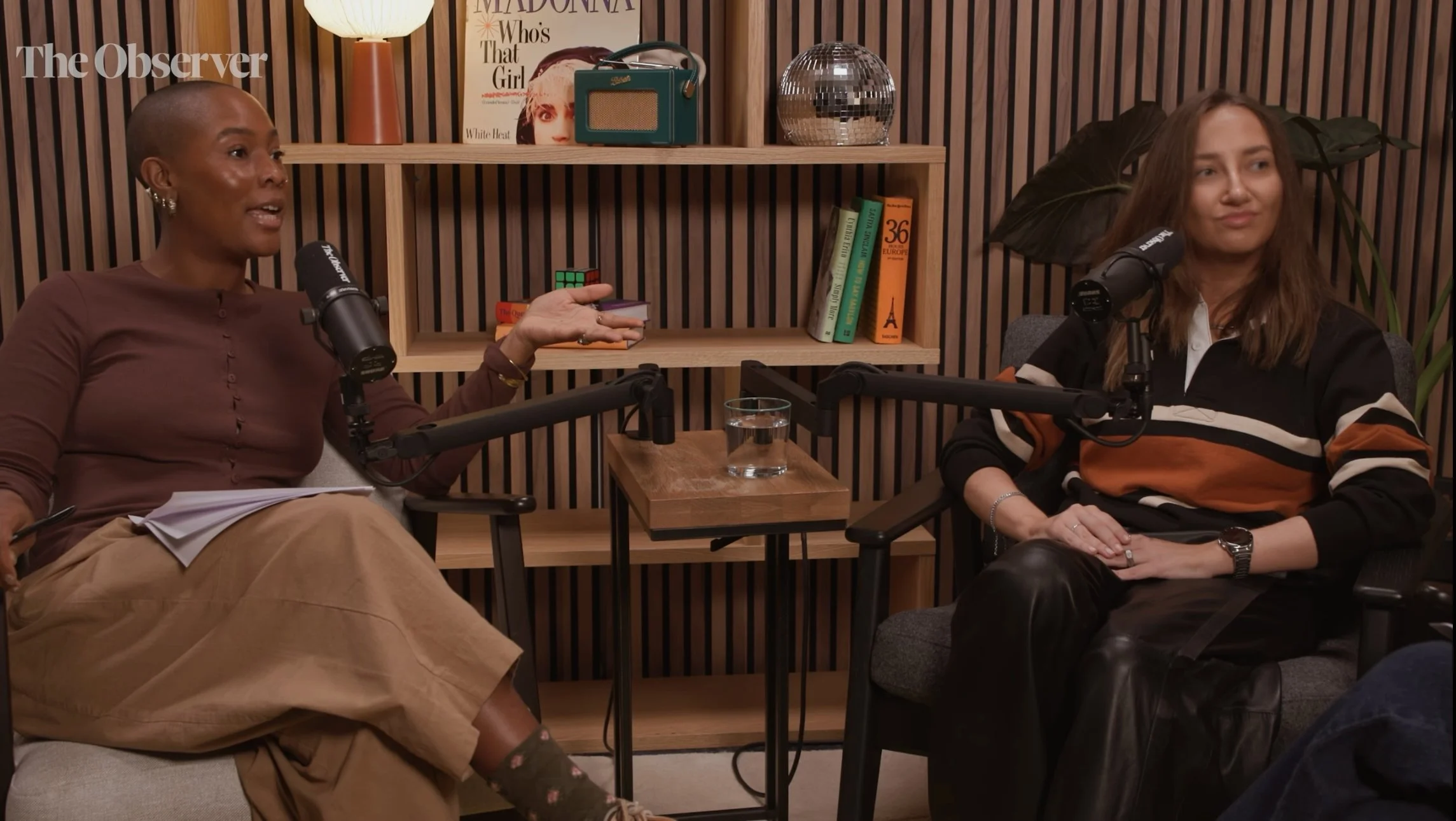
About Lauren
Most people don’t think about crisis PR until they need it. I hear it all the time, “I never thought I’d get cancelled.” But if you’re in the public eye today and haven’t faced some kind of backlash, even once, you’re in the minority.
When it happens, it’s disorienting. One day feels normal, the next your name is suddenly everywhere for the wrong reasons. Social media turns it into a spectacle, journalists start asking questions, and your friends are texting to ask if it’s true. Often what’s being said feels exaggerated, stripped of context, or just completely wrong. It’s hard to know where to start.
What most people don’t realise is that the public almost never has the full picture. They’re reacting to fragments, screenshots, selective quotes, or someone else’s interpretation of events. By the time a story reaches social media or the press, it’s usually a simplified version of something far more complex. People form strong opinions based on the tip of the iceberg, then defend them as if they’ve seen everything underneath. In reality, they rarely have.
That’s usually when people find me.
I’ve always believed in giving people the benefit of the doubt. I know that’s not fashionable, but I find it genuinely sad how little space there is to be human now. You’re expected to be perfect at all times. No learning curve, no missteps, no room to grow. Just constant performance.
I’d love to meet the person insulting strangers online who’s somehow lived a flawless life, never put a foot wrong, never made a mistake, never had a regret. That person doesn’t exist, yet we’ve built a culture that acts like they do.
I don’t judge people for slipping up, because most of the time that’s exactly what it is, a mistake. People are supposed to be allowed to grow. That used to be the point. Now it’s often cancellation with no forgiveness. It creates robotic communication, encourages fear over honesty, and pushes people to say only what feels safest, rather than what they actually think.
That’s why I like this work. I’ve seen how harsh the internet can be, how quickly things escalate, how difficult it is to correct something once it’s indexed on Google, and how often the people being punished aren’t the ones truly at fault. It’s rewarding to help someone step out of that mess, not because of their profile, but because the backlash simply wasn’t deserved.
I’ve always been more interested in the psychology of cancellation than in whoever’s being cancelled. I see the same patterns repeat again and again, the speed of outrage, the way uncertainty gets filled with assumption, how silence is interpreted as guilt, and how corrections never travel as far as accusations. Once you understand those patterns, you stop reacting emotionally and start responding strategically.
I never grew up obsessed with celebrities, and I couldn’t care less about someone being famous. Which is probably why I’ve never once felt the urge to boast about clients.
Over the years, I’ve worked with a wide mix of clients, from A-list celebrities, YouTubers, and singers to politicians, TV presenters, sports figures, and business founders. My work spans both international and national projects, including established brands and early-stage start-ups. I’m also a regular contributor to BBC and Sky News, and have appeared on television in the UK, US and Australia as a crisis PR commentator.
I specialise in crisis and reputation management for public figures, founders, influencers, and brands. I’m not part of an agency. I work independently, and I prefer it that way. It means I’m involved in everything, from the first call to the last message, and you’re never passed around or handed off to someone who wasn’t in the room.
I’ve worked inside agencies and understand how they operate, but too often the advice didn’t go far enough. In some major situations I witnessed, responsibility was passed down to juniors who weren’t equipped to handle it, not because they were careless, but because that’s how agency models are built. Agencies often recommend a simple statement followed by silence and leave it there. Sometimes that approach works, and I advise it myself when it fits, but these days it’s usually not enough. Privacy is also rarely protected, with situations discussed across teams and covered by a single agency-wide NDA rather than individual ones, which never sat comfortably with me.
People often think crisis PR is all glossy statements and media training, but a lot of it is far less glamorous. Crisis PR isn’t just about what you say publicly, it’s about what follows you for years when your name is searched. I spend hours in SEO, geo-targeting, backlinks, takedowns, and understanding how search engines decide what people see first. It might not look exciting, but it’s what actually changes the story over time.
I also know how the internet works, properly. Clients don’t always understand why certain things resurface or how to fix what’s already out there. That’s where I come in. It’s the part of the job I genuinely enjoy. I’m not swayed by online noise, I want to hear both sides of the story. Because in my experience, what’s really happening behind the scenes is usually very different to what the internet thinks it knows. And that gap is where reputations are either lost or repaired.
If you’re reading this and wondering what to do next, I don’t charge for an initial call. These moments can feel vulnerable, confusing, and isolating. If you need someone who won’t judge you, won’t rush you, and will actually listen before offering advice, I’m always happy to be that person. No pressure, no sales pitch. I once tried a sales job and was fired within two weeks, so you’re safe.
About Celebrity Crisis Management
Crisis PR isn’t just about damage control, it’s about regaining control. Whether it’s a high-profile controversy or a situation that needs to disappear before it escalates, I help public figures and businesses navigate crises with strategy, discretion, and a deep understanding of how the internet actually works.
I’ve worked on some of the largest crises globally, from high-stakes legal cases to reputation management for public figures facing intense media scrutiny. My work spans the US and Europe, collaborating with publicists, lawyers, agents, and marketing teams to create tailored crisis plans. I offer media strategy, communication support, and the kind of practical advice that actually makes a difference.
With years of experience handling some of the toughest reputation challenges, my focus isn’t just on protecting reputations. It’s on ensuring my clients come out stronger.
Most of my work happens behind the scenes, but every step is designed to make sure that when the headlines fade, what remains is a reputation worth keeping.




